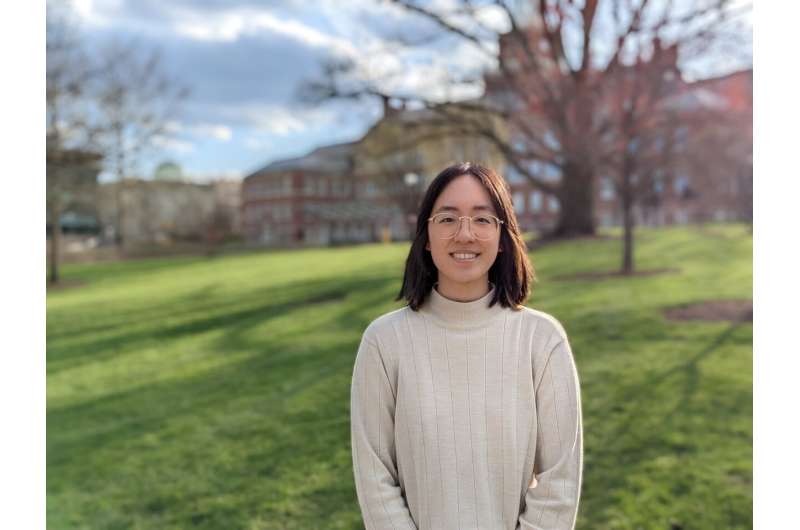Study: Engaging in civic leadership empowers refugees, immigrants

Research led by a University of Cincinnati doctoral student shows that immigrants and refugees who participated in a civic leadership program felt more empowered after learning about their rights, civic entitlements and the social, cultural, and political context of Cincinnati.
“The most salient change participants reported in connection to their involvement in the program were changes in consciousness related to power, rights and opportunities which immigrants and refugees are entitled to,” says Christine Shi, a UC doctoral student in psychology and lead author of the study. “Transformative impacts of a civic leadership program created by and for refugees and immigrants.”
This study, which was published in the Journal of Community Psychology on March 18, examined the experience of participating in a civic leadership program designed by and for refugees and immigrants in partnership with a local government representative and academic researchers.
The local program was designed by Civic Action for Refugee Empowerment (CARE) Cincinnati, a project led by a team of 12 members of the refugee community, the director of Cincinnati Compass (the city’s immigrant and refugee welcoming initiative) and researchers from UC.
The researchers analyzed 30 qualitative interviews conducted with program participants about their experiences and perspective on the program.
“I didn’t know that you could speak up and ask for things like street signs and things like that, and now I know these are things you can do,” said one study participant.
Immigrants and refugees, the study says, are severely underrepresented in decision‐making bodies in the United States, and in most immigrant‐receiving nations, immigrants and refugees also face substantial barriers to gaining political voice and power.
Shi says the effects of underrepresentation on marginalized people have long been established as detrimental to psychological health and increased social and political alienation and “interventions which aim to address this underrepresentation must be considered carefully and in collaboration with these communities to avoid further exacerbating social and political marginalization.”
The results of the study showed two main themes. First, when collaborating with the refugee community to design a program—by them and for them—participants experienced changes in their consciousness related to power, rights and the opportunities which immigrants and refugees are entitled to. And second, that participants gained valuable skills, knowledge and connections for accessing civic engagement opportunities and power in Cincinnati.
“This program should not act as an exact ‘blueprint’ for empowered immigrant and refugee civic engagement,” says Shi, “but as an example for collaborative work which gives power to immigrants and refugees to transform the civic engagement to be more inclusive and equitable.”
More information:
Christine Shi et al, Transformative impacts of a civic leadership program created by and for refugees and immigrants, Journal of Community Psychology (2023). DOI: 10.1002/jcop.23028
Citation:
Study: Engaging in civic leadership empowers refugees, immigrants (2023, March 30)
retrieved 30 March 2023
from https://phys.org/news/2023-03-engaging-civic-leadership-empowers-refugees.html
This document is subject to copyright. Apart from any fair dealing for the purpose of private study or research, no
part may be reproduced without the written permission. The content is provided for information purposes only.
For all the latest Science News Click Here
For the latest news and updates, follow us on Google News.

